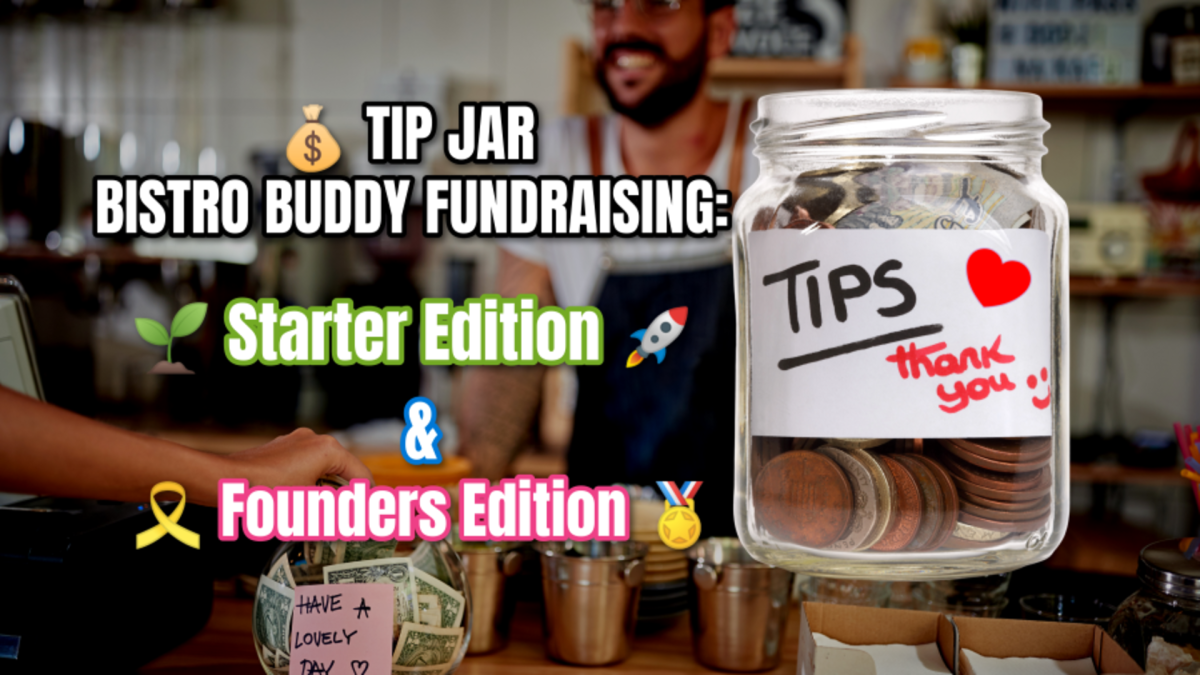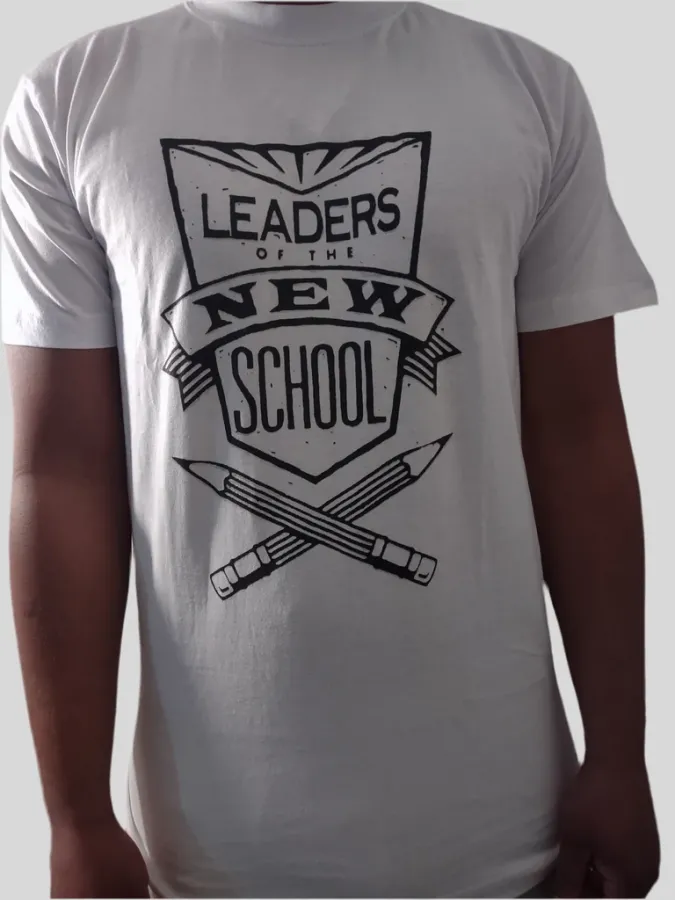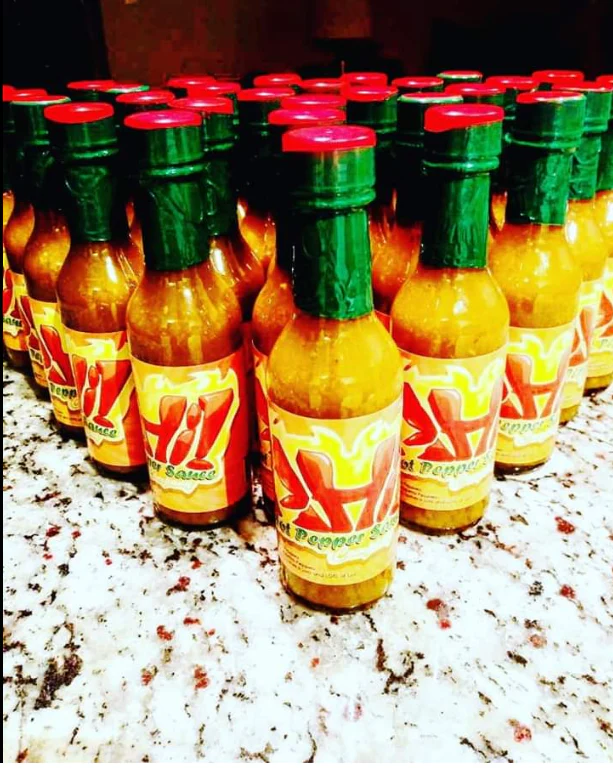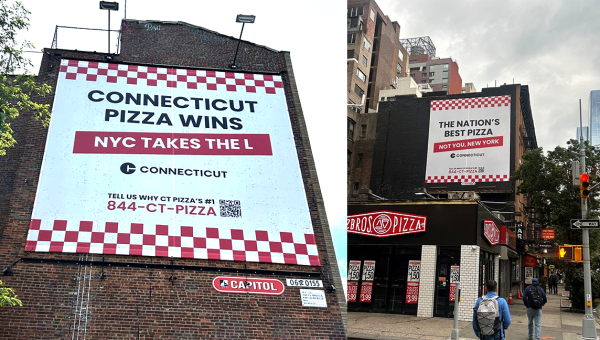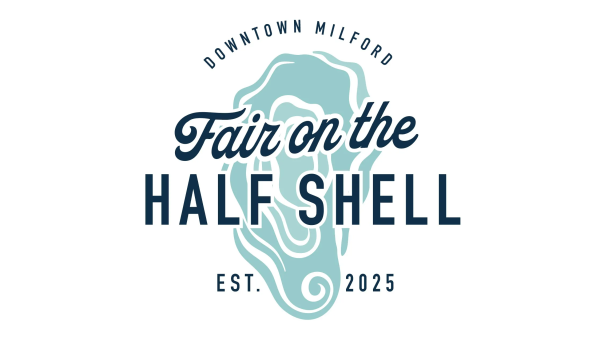Upcycling Food: A Delicious Solution to Tackle Food Waste and Climate Change
According to a recent report by Bloomberg Television, nearly 1.3 billion tons of food is wasted worldwide every year, which is equivalent to a staggering $1 trillion in lost value. Food waste not only has a significant financial impact but also contributes to methane emissions as it rots in landfills. Methane, a potent greenhouse gas, accelerates the rise in global temperatures, exacerbating climate change. Moreover, wasting food also means wasting the resources, labor, and energy that went into producing it.
Upcycling Food: An Innovative Solution
One innovative solution to address this pressing issue is upcycling food. Upcycling is the process of creating value from food that would otherwise be wasted, such as turning unsold or imperfect produce into new, marketable products. By purchasing upcycled products, consumers can create demand for them and encourage businesses to follow suit.
Matriark Foods: Pioneering Upcycled Products
Matriark Foods is one company that is leading the charge in upcycling food. As a certified women-owned business, Matriark Foods upcycles farm surplus and fresh-cut remnants into new products, mitigating the negative effects of food waste on climate change. The company currently offers seven products, three of which are available in retail, three in foodservice, and one in emergency food, launching in 2023.
Growth and Expansion of Upcycled Food Market
Matriarch Foods began by offering its retail products in a Whole Foods Market in New York and quickly expanded to 55 stores across the Northeast. The rapid growth of Matriarch Foods and the Upcycled Food Association, which now has over 250 participants, highlights the potential for significant climate impact through upcycling initiatives.
Upcycling Food: A Delicious Way to Fight Climate Change
As Earth Day approaches, upcycling food is emerging as a delicious and practical way to fight climate change. By supporting upcycled products, consumers can use their purchasing power to make a positive difference for the planet.



